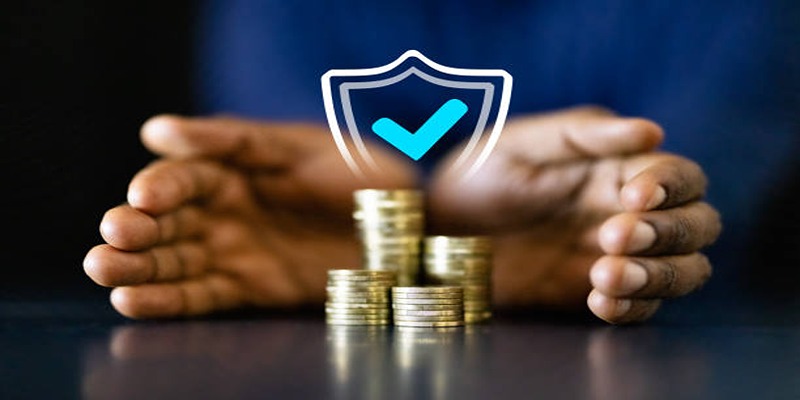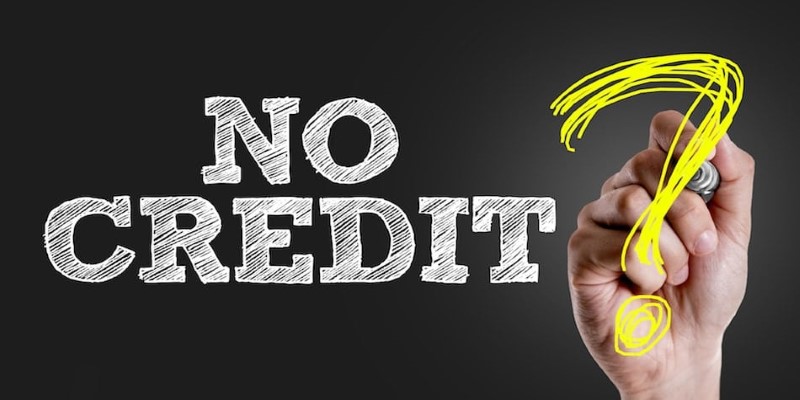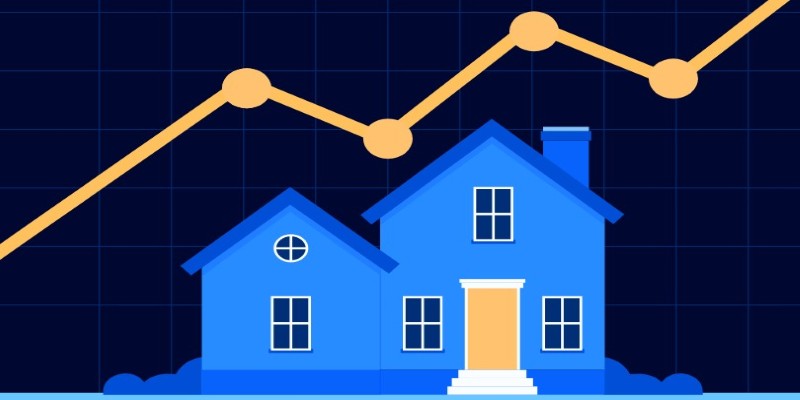Money isn’t just about earning and spending—it’s about security, freedom, and peace of mind. But how do you know if you’re financially healthy? While there’s no universal answer, key indicators can help you evaluate your status. This blog offers practical steps to assess your financial health, plan for the future, and build confidence. Take control of your finances and create a stronger foundation today.
What Does Financial Health Look Like?

Being financially healthy means more than having money in the bank. That is the ability to control your daily spending, to be ready to face some unexpected expenses, and to have long-term objectives which you are going to achieve. Being in good financial health means that you are not merely surviving but you are prospering.
Signs of good financial health often include:
- A manageable level of debt
- Consistent savings for short- and long-term goals
- An emergency fund for unforeseen expenses
- Confidence in your financial future
If this doesn’t sound like your current reality, don’t worry. Understanding where you stand is the first step toward improvement.
Steps to Assess Your Financial Health
1. Review Your Income and Expenses
The foundation of financial health is knowing exactly how much you earn and where your money goes.
Track Your Income
Start by calculating all sources of income, including:
- Your primary job salary (after taxes)
- Freelance work or side hustles
- Passive income like investments or rental properties
Knowing your total monthly income creates a clear picture of what you’re working with.
Understand Your Expenses
Track all your monthly expenses to see where your money is going. Categorize spending into:
- Essentials (e.g., rent, utilities, groceries)
- Discretionary Spending (e.g., dining out, entertainment, shopping)
- Savings and Investments
There are several budgeting tools, like Mint or YNAB (You Need a Budget), that make it easier to organize and analyze your spending habits.
Key Question to Ask Yourself: Are you consistently spending less than you earn each month?
2. Evaluate Your Debt
Not all debt is bad. For example, a mortgage or student loans with low interest can be seen as “good debt.” However, high-interest debts like credit cards can spiral out of control if not managed properly.
To evaluate your debt:
- Calculate your DTI by dividing monthly debt payments by income. A ratio under 36% is ideal.
- List out all debts, including balances, interest rates, and minimum payments.
- Prioritize paying down high-interest debts first (a strategy known as the avalanche method).
Key Question to Ask Yourself: Are you managing your debt in a way that allows for financial progress?
3. Check Your Emergency Fund
An emergency fund is a savings buffer that protects you from unexpected financial setbacks, such as medical expenses or sudden unemployment.
How Much Should You Save?
Aim to save three to six months' worth of living expenses in your emergency fund. If you're self-employed or have irregular income, consider saving even more. If you don’t have an emergency fund yet, don’t panic. Start small by setting aside a portion of each paycheck until you reach your goal.
Key Question to Ask Yourself: Would you be able to cover unexpected expenses without relying on debt?
4. Measure Your Savings and Investments
Saving money is important, but how effectively are you putting your money to work? Look at both short-term savings and long-term investments.
Short-Term Savings
These funds should be easily accessible for upcoming expenses, like a vacation or a down payment on a car. Consider keeping this money in a high-yield savings account.
Long-Term Investments
These are funds reserved for goals like retirement. Ask yourself:
- Are you contributing to a 401(k) or IRA?
- Are you taking advantage of employer matching on retirement accounts?
- Are your investments diversified to minimize risk?
Use tools like a retirement savings calculator to estimate if you're on track to meet your future needs.
Key Question to Ask Yourself: Are you saving and investing enough to secure both short- and long-term goals?
5. Examine Your Credit Score
Your credit score is a reflection of your financial responsibility and can impact everything from loan approvals to interest rates.
How to Monitor Your Credit Score
- Use free online platforms like Credit Karma or Credit Sesame.
- Review your credit reports annually through AnnualCreditReport.com.
A credit score between 670 and 739 is generally considered good, while a score of 740 or higher is deemed excellent. If your credit score is lower than you'd like, focus on:
- Paying bills on time
- Reducing your credit utilization ratio (keep it under 30%)
- Avoiding unnecessary credit inquiries
Key Question to Ask Yourself: Does your credit score give you access to favorable financial opportunities?
6. Align Your Finances with Your Goals
Your financial health isn’t just about where you are today; it’s also about where you’re headed. Take time to define your financial goals and evaluate whether your current habits align with them.
Set SMART Financial Goals
SMART goals are:
- Specific (e.g., save $10,000 for a home down payment)
- Measurable (e.g., track savings progress monthly)
- Achievable (e.g., save 15% of income per month)
- Relevant (e.g., aligned with your life stage and priorities)
- Time-bound (e.g., accomplish the goal within two years)
Having clear goals not only keeps you motivated but also helps you make informed financial decisions.
Key Question to Ask Yourself: Are you actively working toward financial goals that matter to you?
Signs You’re on the Right Track

If you can confidently say “yes” to the majority of the questions above, you’re likely in good financial health. Here are a few more indicators:
- You have a clear plan to achieve your financial goals.
- You feel confident about your ability to handle unforeseen expenses.
If you find that you have areas for improvement, don’t be discouraged. Financial health is an ongoing process, not a destination.
Final Thoughts
Assessing your financial health is the first step toward building the life you want. By reviewing your income, managing debt, saving for emergencies, and working toward your goals, you can create a strong financial foundation. Start today by taking a closer look at your spending habits or setting up an emergency fund. Remember, small changes can lead to big results over time.












